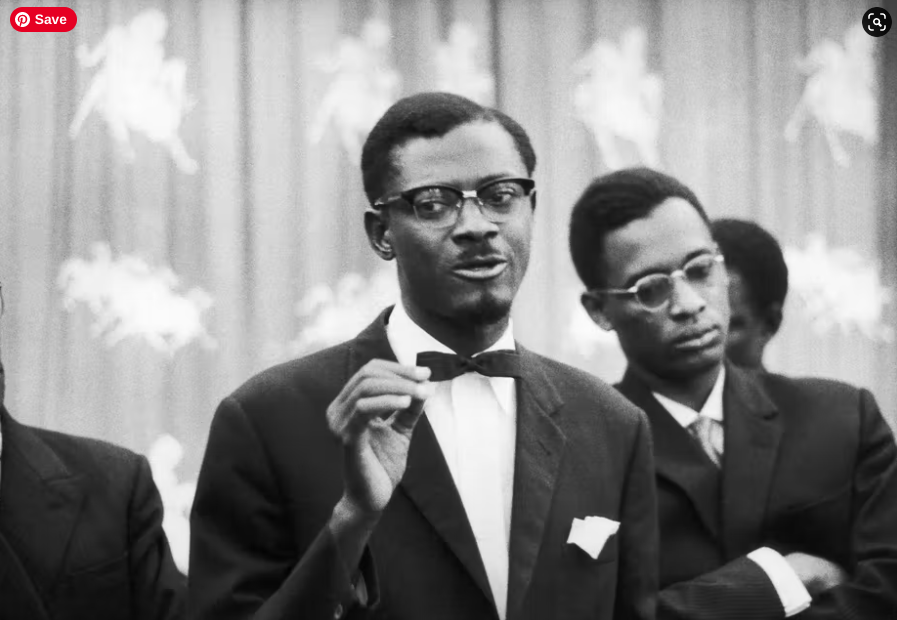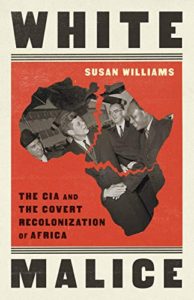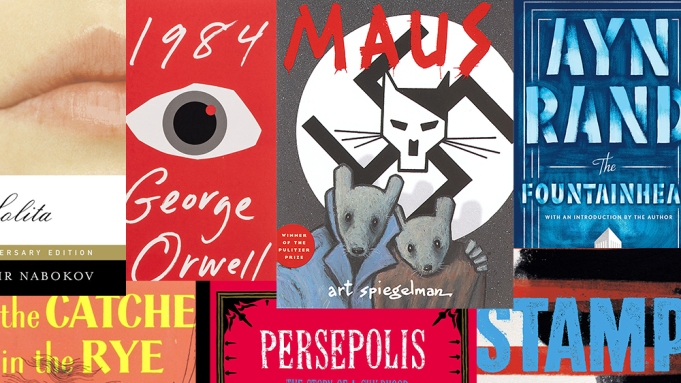Books on Reproductive Rights
As I have mentioned here before, I now co-own a bookstore called Rozzie Bound. Part of my job is to come up with book lists relevant to current events.
As the Supreme Court weighs in on Roe v. Wade, below are some fiction and nonfiction books about abortion, fertility, motherhood, and reproductive rights that illuminates the debate from different perspectives.
Nonfiction
Without Apology: The Abortion Struggle Now by Jenny Brown
What It Means to Be Human: The Case for the Body in Public Bioethics by O. Carter Snead
Defenders of the Unborn: The Pro-Life Movement before Roe v. Wade by Daniel K. Williams
Choice Words: Writers on Abortion by Annie Finch
Undivided Rights: Women of Color Organizing for Reproductive Justice by Marlene Gerber Fried, Et al.
Reproductive Rights and Wrongs: The Global Politics of Population Control by Betsy Hartmann
How We Get Free: Black Feminism and the Combahee River Collective by Keeanga-Yamahtta Taylor



